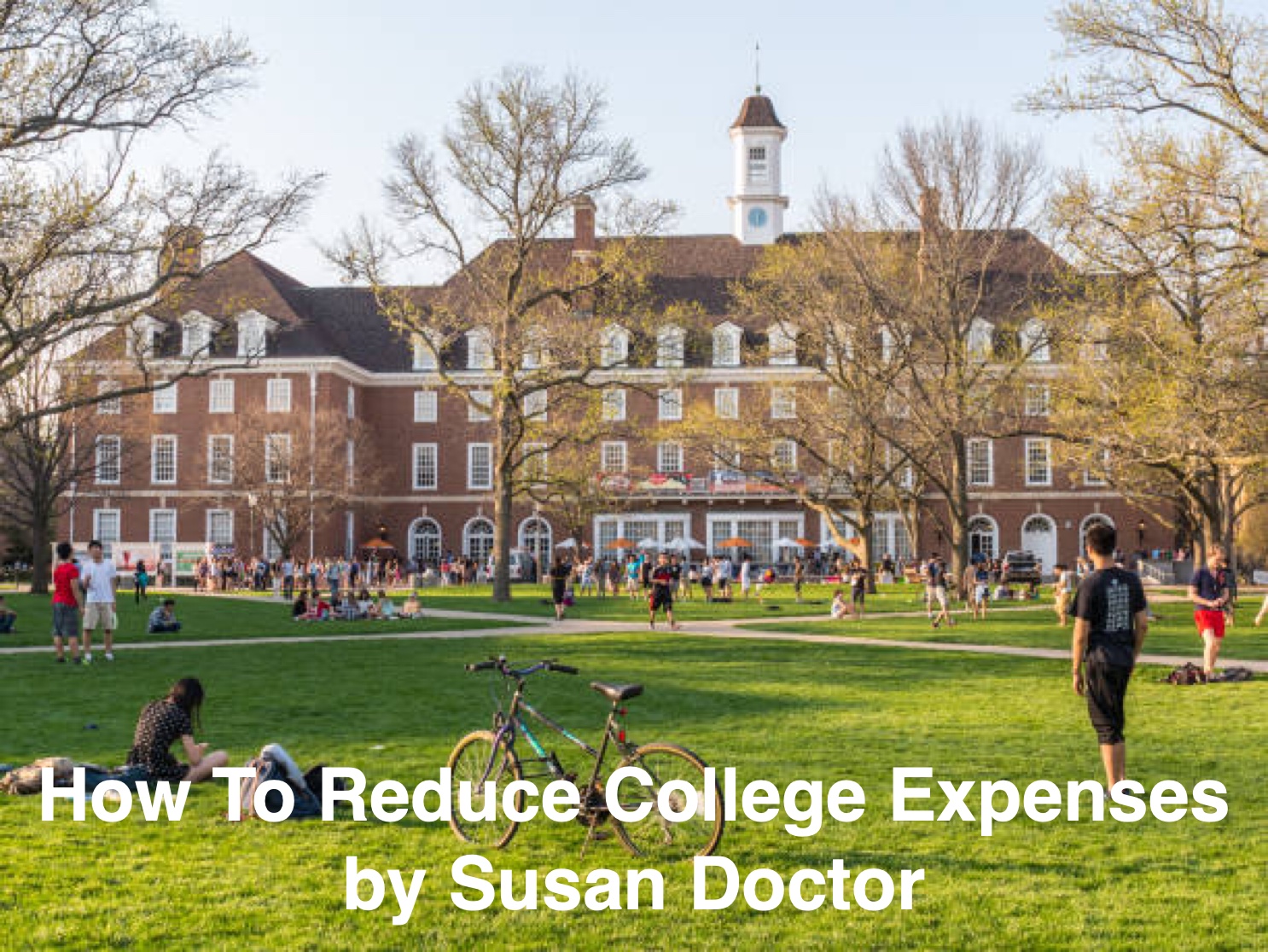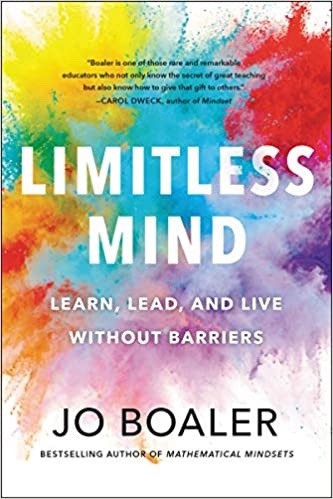
How to Teach Future-Proof Skills by Amanda Winstead
There is a lot of emphasis in education surrounding making sure students gain relevant skills. After all, there’s a certain amount of responsibility to empower students to be productive in their post-school lives. However, much of this focus tends to be toward passing on technical and vocational abilities. Creativity is often pushed to the back and dismissed as an optional extra.
Yet, creativity is a valuable tool to engage with and enhance a range of future-proof skills. When educators and parents commit to incorporating it with other areas of the curriculum, creativity is a practical and powerful component. Not to mention it is a soft skill in itself that has relevance in all industries and activities.
So, let’s take a closer look at how to teach future-proof skills with creativity as both a central and supporting aspect.
Free Exploration
- Structure is certainly important when it comes to education. It helps to make sure key aspects of the curriculum are covered and provide a strong learning base students can rely on. Nevertheless, there is a certain amount of value in providing students with space for free and creative exploration.
- This doesn’t mean students’ minds aren’t meaningfully engaged or they’re wasting time. Rather, you should encourage their curiosity. Empower them to go down interesting rabbit holes outside of the strict confines of the curriculum and see what they can discover. Even just spending a little time doodling in class is considered to have significant psychological benefits. It helps to unlock different modes of thought and stimulate focus. Not to mention it can be a useful form of stress relief.
- These types of activities help students to think in less rigid ways about the challenges they face every day. Indeed, the problem-solving abilities they gain through free exploration are in themselves future-proof soft skills. There are few roles or industries in which problem-solving isn’t considered invaluable. Nevertheless, you need to be mindful about how you adopt free exploration into the curriculum. You may find it more relevant and effective if you link it to their lessons. After discussing scientific concepts, give them space to doodle on the subject and share their ideas. Make space in engineering projects to write poetry or stories about the principles you’re examining. This can connect kids’ creative thoughts to practical activities in productive ways.
Technology Use
- We live in an increasingly digitally reliant world. As such, students need to be prepared for a personal and professional world that incorporates technology into most tasks. Nevertheless, teaching this isn’t necessarily about showing them how to operate technology as a means to an end.
- If their education is limited to just being users of digital tools, this ignores some of the primary benefits of our technological landscape. By incorporating creativity into their tech curriculum, you can ensure students have a deeper understanding of the concepts and empower them to be innovators in their lives beyond school.
- This is one of the reasons why programming must be considered an essential part of the curriculum. Students who gain coding skills can tailor technology toward their personal needs or those of projects. Aside from the wide range of job opportunities these abilities open up, it puts students firmly in control of these digital tools. Not to mention it empowers them to apply valuable critical thinking abilities in using technology to overcome obstacles
- Teaching this isn’t just about guiding them through the fundamental use of programming languages. Setting coding projects like making a game or developing an app is often more effective. This shows students how to use the technological skills to meet a practical need, while still giving them room to address the issue creatively. Importantly, facilitate discussions on how this approach affects their relationship with technology as collaborators rather than blunt tools.
Resilience and Determination
- The young people you work with may end up changing the world. Nevertheless, the world isn’t likely to get less challenging any time soon. From both a personal and professional level, it is vital to make sure kids have the skills to navigate the difficulties they’ll face healthily and robustly. Through creativity, you can teach kids to build resilience and determination that will stand them in good stead for the future.
- This can begin with a therapeutic perspective. Help your students to explore how creative activities can direct their frustrations, anger, and anxieties in productive ways. Discuss with the class how important it is to recognize the emotions they’re feeling when they do this and express these safely. Parents can play a role in this by encouraging creative expression outside of the classroom, too.
- Aside from developing effective coping mechanisms, these activities help your students gain valuable self-awareness. By channeling and expressing their thoughts creatively, they can better understand what is upsetting or worrying them and why. When they can identify or acknowledge their feelings, this can help them to practically and emotionally navigate challenges they face throughout their lives.
- Another key area to teach kids resilience and determination is through adaptability. Students need to be able to respond to challenges with a minimal negative impact on their self-esteem and productivity. Set creative challenges in which they have a range of materials, none of which are directly suitable for the task at hand. This can teach students to understand they won’t always be facing problems while equipped with the best tools or skills. Most importantly, it helps to boost their self-esteem to nonetheless find creative solutions to overcome these issues as best they can.
Conclusion
- Teaching students future-proof skills isn’t just about technical abilities attractive to the workplace. Creativity has a key place in making certain students can navigate various aspects of professional and personal life successfully. Free exploration techniques can bolster their iterative and problem-solving skills. Coding is particularly useful for helping kids transition from technological users to innovators. Creative activities can also be an empowering way to unlock resilience and determination. With some adjustments to the curriculum, these elements can serve students well beyond their education experiences.
Amanda Winstead
- Amanda is a freelance writer out of Portland focusing on many topics including educational technology. Along with writing she enjoys traveling, reading, working out, and going to concerts. If you want to follow her writing journey, or even just say hi you can find her on Twitter.








